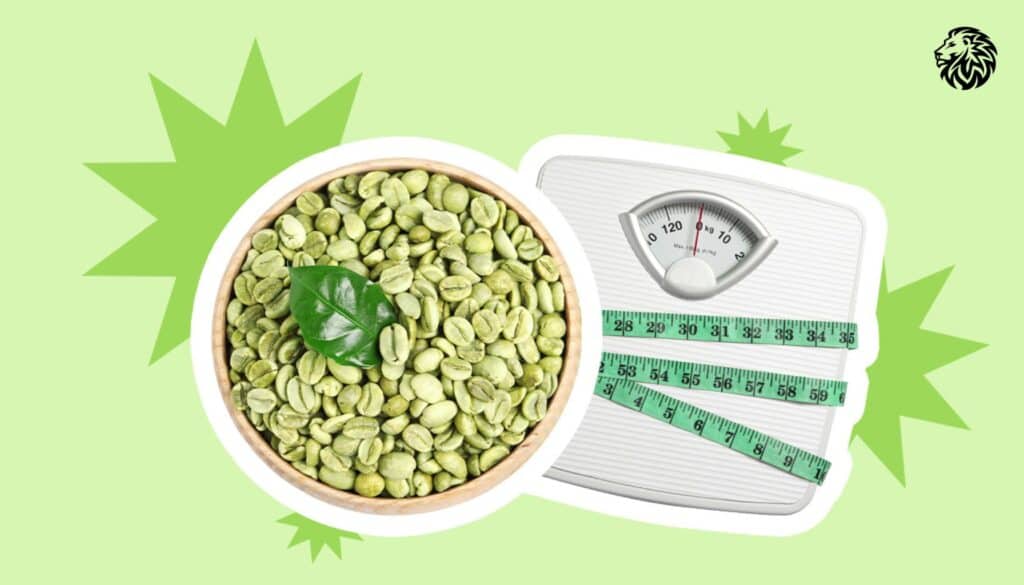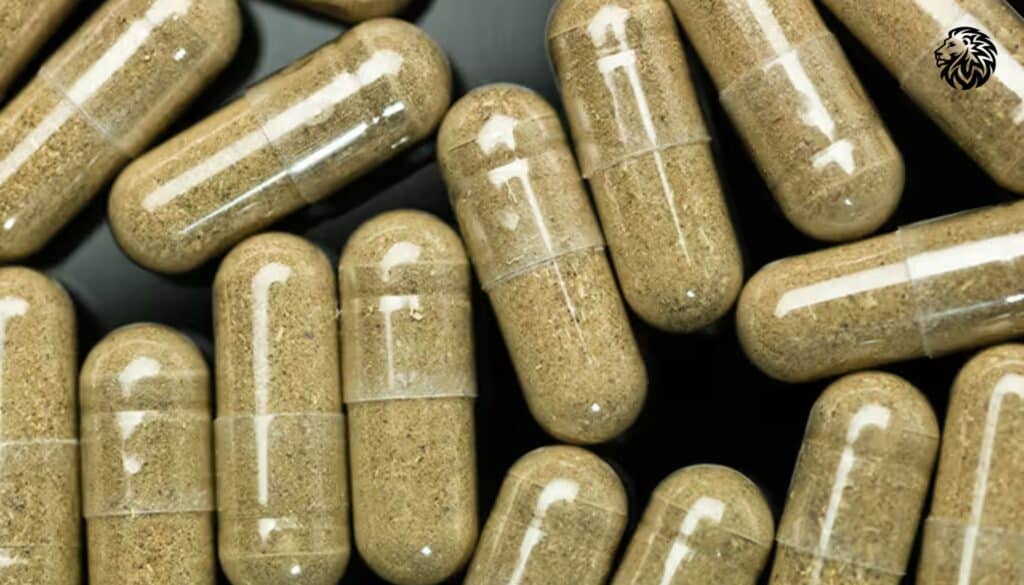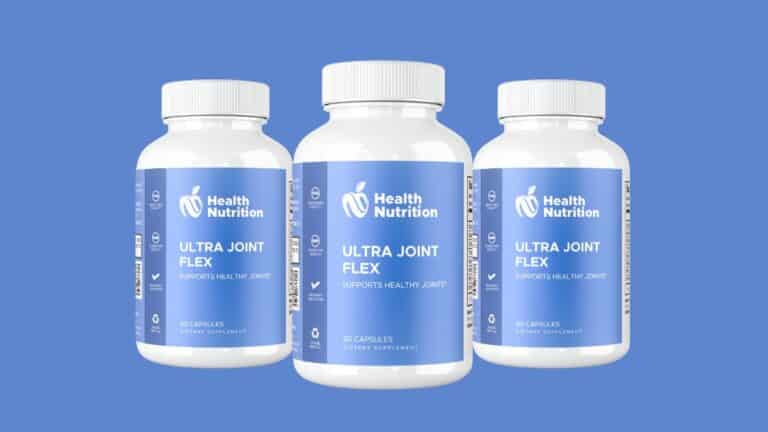In recent years, green coffee has gained significant attention as a supplement that can aid in weight loss and offer various health benefits. But what exactly is green coffee, and how does it differ from the traditional coffee we drink daily? This article delves deep into the benefits, uses, and potential risks of green coffee, backed by research and expert opinions.
What is Green Coffee?
Green coffee refers to coffee beans that haven’t been roasted. These unroasted beans contain higher levels of chlorogenic acid, a compound believed to offer numerous health benefits. During the roasting process, traditional coffee beans lose a significant portion of their chlorogenic acid content, which is why green coffee is often considered superior in certain aspects.
Green coffee beans come from Coffea fruits (Coffea arabica and Coffea canephora). They can be consumed in various forms, including as a hot beverage made from ground green coffee beans or as green coffee bean extract taken in capsule form.

The Benefits of Green Coffee
Green coffee has garnered attention for its numerous health benefits, particularly in weight management and metabolic health. Here, we delve deeper into the specific advantages green coffee offers:
1. Weight Loss Aid
Chlorogenic Acid and Fat Metabolism
Green coffee’s primary active ingredient, chlorogenic acid, has been shown to aid in weight loss. This compound can increase the body’s ability to burn fat by enhancing fat metabolism in the liver. It does so by reducing the absorption of fat from the diet and increasing fat burning.
Appetite Suppression
Chlorogenic acid may also act as an appetite suppressant. By slowing down the absorption of glucose, it can reduce spikes in blood sugar levels, helping to control hunger and cravings. This effect makes it easier for individuals to adhere to calorie-controlled diets.
Clinical Studies and Evidence
Several studies support the weight loss benefits of green coffee. For instance, a 12-week randomized, double-blind, placebo-controlled study found that participants who took green coffee bean extract experienced significant reductions in body weight, fat mass, and body mass index (BMI) compared to those who took a placebo. Another meta-analysis of randomized clinical trials concluded that green coffee extract could indeed promote weight loss, although the effects varied among individuals.
2. Improves Blood Sugar Levels
Inflammation and Insulin Sensitivity
Chlorogenic acid’s anti-inflammatory properties play a crucial role in its ability to regulate blood sugar levels. By reducing inflammation, chlorogenic acid helps improve insulin sensitivity, allowing the body to use glucose more effectively and lower blood sugar levels.
Glucose Metabolism
Green coffee can also slow the release of glucose into the bloodstream after meals. This delayed glucose release results in lower blood sugar spikes and improved overall blood sugar control. For individuals with insulin resistance or type 2 diabetes, this can be particularly beneficial.
Supporting Research
Research indicates that even decaffeinated green coffee bean extract can positively impact blood sugar levels. For example, a study published in “Evidence-Based Complementary and Alternative Medicine” found that green coffee bean extract helped reverse high-fat diet-induced fat accumulation and insulin resistance in animals.
3. Reduces Blood Pressure
Cardiovascular Benefits
High blood pressure is a significant risk factor for cardiovascular diseases. The chlorogenic acid in green coffee has been found to have antihypertensive effects, helping to lower blood pressure levels. This effect can be attributed to its ability to improve endothelial function and reduce arterial stiffness.
Lipid Metabolism
In addition to lowering blood pressure, chlorogenic acid positively affects lipid metabolism. It helps reduce total cholesterol, LDL cholesterol, and triglyceride levels in the blood, which are critical factors in maintaining cardiovascular health.
Clinical Evidence
A study published in the “Journal of Nutritional Biochemistry” showed that rats given green coffee extract experienced significant reductions in fasting plasma cholesterol and triacylglycerol concentrations. These findings suggest that green coffee can support heart health by improving lipid profiles and reducing blood pressure.

4. Antioxidant Properties
Combatting Oxidative Stress
Green coffee is rich in antioxidants, primarily chlorogenic acid, which helps combat oxidative stress in the body. Oxidative stress is a condition characterized by an imbalance between free radicals and antioxidants, leading to cell and tissue damage.
Anti-Aging Effects
The antioxidant properties of green coffee can slow down the aging process by protecting cells from damage caused by free radicals. This includes benefits for skin health, such as reducing the appearance of wrinkles, improving skin hydration, and enhancing overall skin texture.
Research Findings
A study involving 49 women with mildly xerotic (dry) skin found that consuming a beverage with polyphenols from green coffee beans significantly improved skin hydration, reduced transepidermal water loss, and lowered skin surface pH. These results highlight the potential of green coffee to enhance skin health and combat signs of aging.
5. Boosts Energy Levels
Caffeine Content
Green coffee contains caffeine, albeit in lower amounts compared to regular coffee. Caffeine is a well-known stimulant that can increase alertness, improve cognitive function, and boost energy levels. It works by blocking adenosine, an inhibitory neurotransmitter, which leads to increased activity of other neurotransmitters like norepinephrine and dopamine.
Enhanced Cognitive Function
The caffeine in green coffee can enhance various aspects of brain function, including memory, mood, vigilance, and reaction times. These cognitive benefits can improve overall productivity and mental performance.
Supporting Studies
According to the American Psychological Association, caffeine consumption significantly impacts psychomotor and cognitive performance, psychological well-being, and even physical performance. This makes green coffee a valuable addition for those seeking to improve their mental and physical energy levels.
6. Supports Mental Health and Mood
Neurotransmitter Regulation
Green coffee’s caffeine content can influence neurotransmitters in the brain that regulate mood and mental health. By increasing levels of dopamine and norepinephrine, caffeine can enhance mood, reduce the risk of depression, and improve overall mental well-being.
Stress Reduction
The antioxidants in green coffee also contribute to its mood-enhancing properties by reducing oxidative stress, which can negatively impact mental health. This makes green coffee a potential natural remedy for managing stress and improving emotional resilience.
Research Insights
Numerous studies have shown that regular coffee consumption, which includes green coffee, is associated with a lower risk of depression and improved mood. These findings suggest that the compounds in green coffee can positively affect mental health and well-being.
Green coffee is a versatile supplement with a wide range of health benefits. From aiding in weight loss and improving blood sugar levels to reducing blood pressure, providing antioxidant support, boosting energy levels, and enhancing mental health, green coffee offers numerous advantages for overall well-being. However, it’s important to use green coffee responsibly and consult with a healthcare professional, especially if you have underlying health conditions or are sensitive to caffeine. With the right approach, green coffee can be a valuable addition to a healthy lifestyle.

How to Use Green Coffee
Green coffee can be consumed in several forms, including as a brewed beverage or in supplement form. Here are some guidelines on how to incorporate green coffee into your routine:
- Brewed Green Coffee
To make a cup of green coffee, grind the unroasted beans into a powder and brew it with hot water. You can add natural flavorings like ginger, turmeric, or cinnamon to enhance the taste. It’s recommended to drink green coffee in the morning or after a workout to maximize its benefits.
- Green Coffee Supplements
Green coffee bean extract is available in capsule form, which can be a convenient way to consume it. When choosing a supplement, ensure it contains pure green coffee bean extract without additives or fillers. The recommended dosage varies, but most studies suggest starting with around 800 milligrams twice daily, taken 30 minutes before meals.
Potential Risks and Side Effects
While green coffee offers numerous benefits, it’s important to be aware of potential risks and side effects. Here are some considerations:
- Caffeine Sensitivity
Green coffee contains caffeine, which can cause side effects in individuals sensitive to caffeine. These side effects may include anxiety, jitteriness, insomnia, and increased heart rate. If you have a history of caffeine sensitivity, consult with your doctor before consuming green coffee.
- Interaction with Medications
Green coffee may interact with certain medications, particularly those that affect blood sugar levels, blood pressure, and heart conditions. If you’re taking any medications, it’s important to consult with your healthcare provider before adding green coffee to your diet.
- Pregnancy and Breastfeeding
Pregnant and breastfeeding women should avoid green coffee due to the potential risks associated with caffeine consumption. Always consult with a healthcare professional before using any supplements during pregnancy or breastfeeding.
- Digestive Issues
Some individuals may experience digestive issues such as irritable bowel syndrome, constipation, diarrhea, or acid reflux when consuming green coffee. If you notice any adverse effects, discontinue use and consult with your doctor.

Conclusion
Green coffee has emerged as a popular supplement for weight loss and overall health improvement. Its high chlorogenic acid content offers numerous benefits, including weight loss support, improved blood sugar levels, reduced blood pressure, antioxidant properties, and increased energy levels. However, it’s important to use green coffee responsibly and be aware of potential risks and side effects.
As with any supplement, it’s best to consult with a healthcare professional before incorporating green coffee into your routine, especially if you have any pre-existing health conditions or are taking medications. With proper use and guidance, green coffee can be a valuable addition to a healthy lifestyle.
Frequently Asked Questions (FAQs) About Green Coffee
How does green coffee aid in weight loss?
Green coffee aids in weight loss primarily through its high chlorogenic acid content, which helps reduce fat absorption and boosts metabolism, leading to increased fat burning and reduced glucose release in the bloodstream.
Can green coffee improve blood sugar levels?
Yes, green coffee can improve blood sugar levels by reducing inflammation, improving insulin sensitivity, and slowing the release of glucose into the bloodstream, which helps regulate blood sugar and reduce the risk of type 2 diabetes.
Is green coffee effective in lowering blood pressure?
Green coffee has been shown to lower blood pressure due to its chlorogenic acid content, which improves endothelial function and reduces arterial stiffness, contributing to better cardiovascular health.
What are the antioxidant benefits of green coffee?
Green coffee is rich in antioxidants, particularly chlorogenic acid, which helps combat oxidative stress, slows down aging, improves skin health, and protects against cell damage caused by free radicals.
How much green coffee should I consume daily for optimal benefits?
The recommended daily dosage of green coffee varies, but studies suggest starting with 800 milligrams twice daily, taken 30 minutes before meals, and adjusting based on individual tolerance and the concentration of chlorogenic acid in the supplement.
Can green coffee improve energy levels and cognitive function?
Yes, green coffee contains caffeine, which can increase alertness, improve cognitive function, and boost energy levels by blocking adenosine and enhancing the activity of neurotransmitters like norepinephrine and dopamine.
Are there any side effects of consuming green coffee?
Some individuals may experience side effects such as anxiety, jitteriness, insomnia, and digestive issues due to the caffeine content. It’s important to consult with a healthcare professional, especially if you have caffeine sensitivity or underlying health conditions.
Is it safe to drink green coffee during pregnancy or breastfeeding?
Pregnant and breastfeeding women should avoid green coffee due to the potential risks associated with caffeine consumption. Always consult with a healthcare professional before using any supplements during pregnancy or breastfeeding.
How should green coffee be consumed for best results?
Green coffee can be consumed as a brewed beverage or in supplement form. For best results, drink it in the morning or after a workout, and follow recommended dosages for supplements, ensuring they contain pure green coffee bean extract without additives.
Can green coffee interact with medications?
Green coffee may interact with certain medications, particularly those affecting blood sugar levels, blood pressure, and heart conditions. Always consult with a healthcare provider before adding green coffee to your diet if you are taking any medications.
References
- WebMD. (n.d.). Green coffee: Uses and risks. WebMD. https://www.webmd.com/
- Cleveland Clinic. (2023, July 10). What is green coffee bean extract? Cleveland Clinic. https://health.clevelandclinic.org/green-coffee-bean-extract
- Geyikoglu, F., Emir, M., Colak, S., Kufrevioglu, O. I., & Saygideger, S. D. (2021). Green coffee bean extract protects against binge alcohol-induced liver injury. Frontiers in Pharmacology, 11, Article 7983441. https://www.ncbi.nlm.nih.gov/pmc/articles/PMC7983441/
- Duffy, M. (2017, September 11). Green coffee bean extract: Benefits and side effects. Medical News Today. https://www.medicalnewstoday.com/articles/318611
- Rebello, C. J., Greenway, F. L., & Finley, J. W. (2020). A review of the nutritional value of green coffee beans. Phytotherapy Research, 34(6), 1350-1361. https://pubmed.ncbi.nlm.nih.gov/32159261/
- Ashor, A. W., Lara, J., Siervo, M., Celis-Morales, C., & Mathers, J. C. (2020). Effects of green coffee bean extract on blood pressure: A meta-analysis of randomized controlled trials. Journal of Human Hypertension, 34(6), 409-420. https://pubmed.ncbi.nlm.nih.gov/31748178/
- Odegaard, A. O., Pereira, M. A., Koh, W. P., Arakawa, K., Lee, H. P., & Yu, M. C. (2022). Coffee consumption and risk of type 2 diabetes: The Singapore Chinese Health Study. Diabetes Care, 45(4), 798-805. https://pubmed.ncbi.nlm.nih.gov/36381474/







